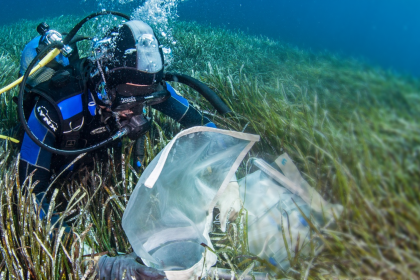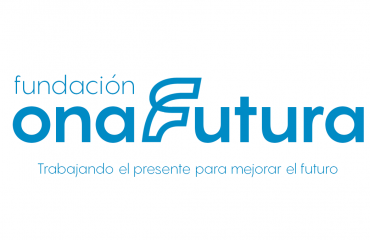Rewilding

Recently, the Ona Futura Foundation’s project for the recovery of posidonia meadows has gained new impetus. It seems that this year that begins, finally! We will see materialized the efforts applied by us to contribute to the initiatives for the recovery and protection of the seabed.
On the other hand, the need to protect and regenerate the environment as part of heritage is increasingly on the agenda of both public administrations and the population; who are becoming aware that what has been considered, from an economic point of view, as “intangible” may not be so.
As a result of the paradigm shift that shows that the loss of natural heritage inevitably leads to the loss of future income in the tourism sector, the word “rewilding” is increasingly cited in relation to tourism. But what is rewilding?
The term rewilding refers to a concept initially developed in relation to the theory and practice of ecological restoration beyond reforestation or the reintroduction of animal species.
From the initial approaches of “ecosystem restoration through the reintroduction of key species and exclusion of human activity”, the term has undergone an evolution in its meaning to that of “passive management that allows repairing or/and restoring the ecosystem without ruling out the human activities.”
When talking about rewilding and tourism, it is associated with rural tourism and specifically reforestation; or to adventure tourism and reintroduction of animal species. However, in beach tourism on the Mediterranean coast there is a very interesting case of rewilding that has been studied in depth including the economic cost: the case of Devesa del Saler in Valencia. https://riunet.upv.es/handle/10251/162958
As a result of the will of the people of Valencia and the Valencia City Council, the urbanization of a coastal forest between the Albufera and the Mediterranean Sea was halted, a large part of the civil works carried out was demolished and, to a large extent, the natural heritage was rescued of the area. The cost of this renaturation action was high and, as the authors of the study highlight, it is difficult to quantify the economic benefit of the action. However, when compared with a similar case: the Manga del Mar Menor urbanization that corresponds to the same time period as the Devesa del Saler urbanization and in which massive urbanization has led to a significant impoverishment of the natural environment, the decrease in the tourist value of the area is evident.
The value of rewilding in regards to tourism activity should perhaps not be measured in immediate economic cost, but rather in the revaluation of long-term income that an environment can provide where a large part of the natural heritage and its ecosystems are maintained in the face of the indiscriminate massification of the “tourist anthill”.
At the Ona Futura Foundation we believe that the Spanish tourism sector is at a key moment to assume that the protection and regeneration of the Mediterranean environment, which has made the Mediterranean basin the recipient of 24% of world tourism, is key to maintaining this destination as a one of the favorites on a planetary level.
 Català
Català  English
English  Español
Español 